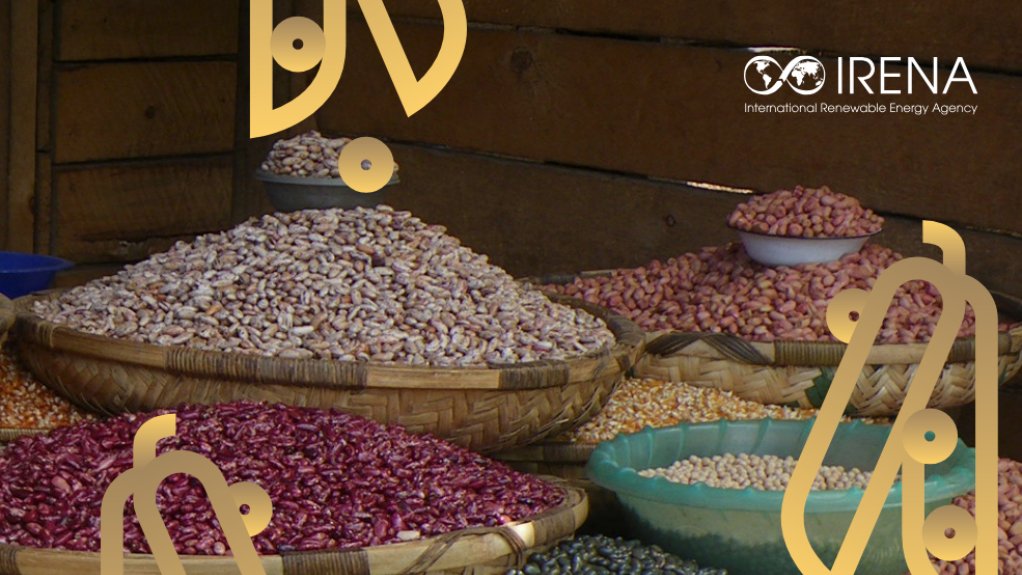- Decentralised renewable energy for agriculture in Malawi7.92 MB
Malawi's agricultural sector is critical to its economy, employing around 77% of the population and accounting for 23% of gross domestic product (GDP). The majority of workers in agriculture are smallholder farmers, many of whom cultivate less than one hectare of land. Despite its importance, the sector faces significant challenges, including low productivity, limited mechanisation, and vulnerability to climate change. The sector is also hampered by limited access to reliable, modern energy solutions, which hinder productivity and quality improvements. Many rural communities still rely on traditional fuels and manual labour, further reducing the sector's potential.
Malawi has one of the lowest per capita energy consumption rates in sub-Saharan Africa, with only 18% of the population having access to electricity. Despite the country’s reliance on hydroelectric power, energy access remains a persistent challenge, particularly in rural areas where the majority of agriculture is concentrated. This energy deficit affects critical agricultural activities such as irrigation, processing and storage. The adoption of decentralised renewable energy (DRE) solutions, such as solar-powered irrigation and biomass-based drying units, could revolutionise the sector by reducing energy costs, enhancing productivity, and promoting environmental sustainability.
This report assesses the potential for integrating DRE solutions into Malawi's agricultural value chains, focusing on sectors like dairy, rice, aquaculture, legumes and olericulture. It offers a detailed analysis of the energy needs across these value chains, providing clear recommendations on how DRE technologies can support the country’s Vision 2063 development goals. By facilitating energy access in off-grid and underserved areas, these solutions could empower smallholder farmers, reduce post-harvest losses and increase agricultural output. The findings underscore the need for targeted investments, innovative financing models and policy support to fully realise the benefits of DRE solutions and transform Malawi’s agricultural sector into a more productive, climate-resilient and economically sustainable system.
Report by the International Renewable Energy Agency
EMAIL THIS ARTICLE SAVE THIS ARTICLE ARTICLE ENQUIRY FEEDBACK
To subscribe email subscriptions@creamermedia.co.za or click here
To advertise email advertising@creamermedia.co.za or click here











